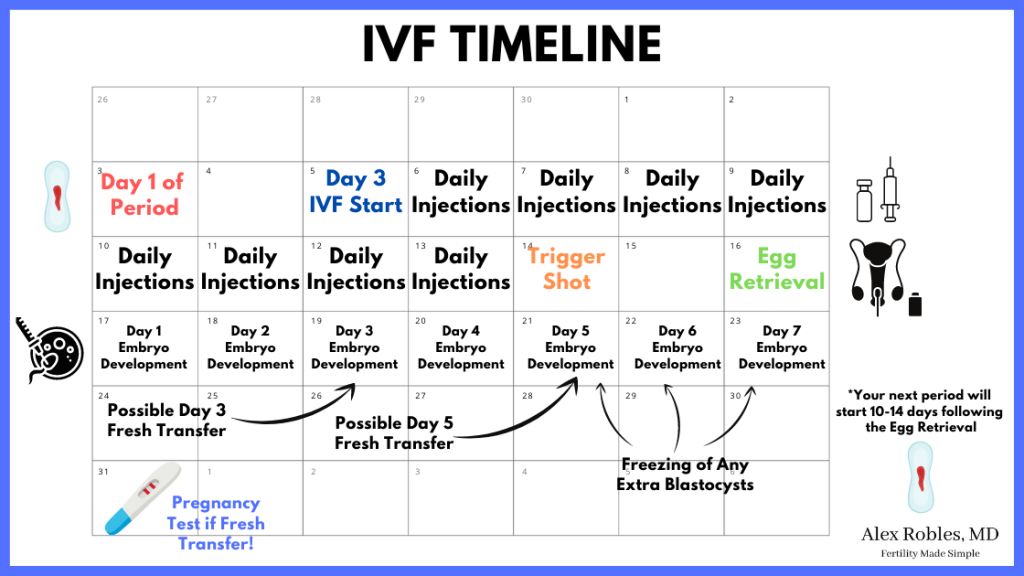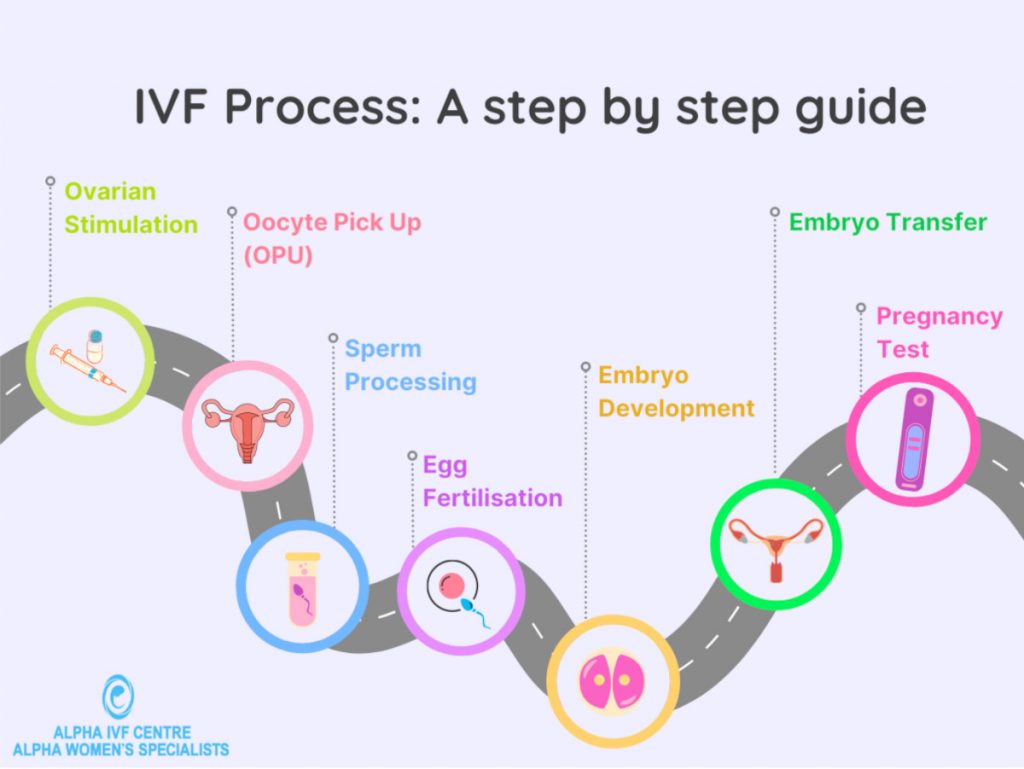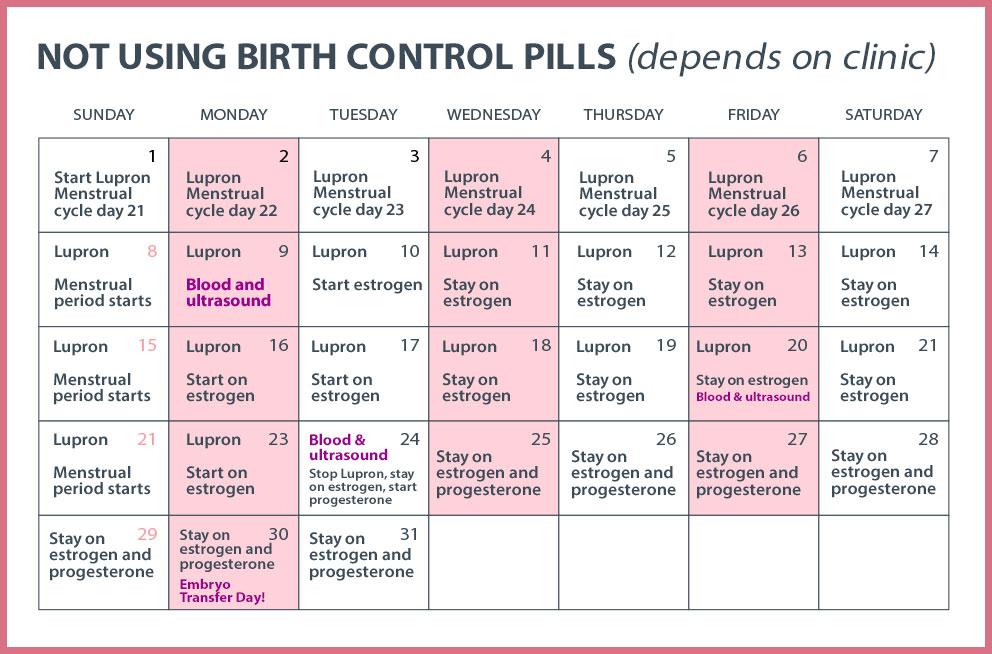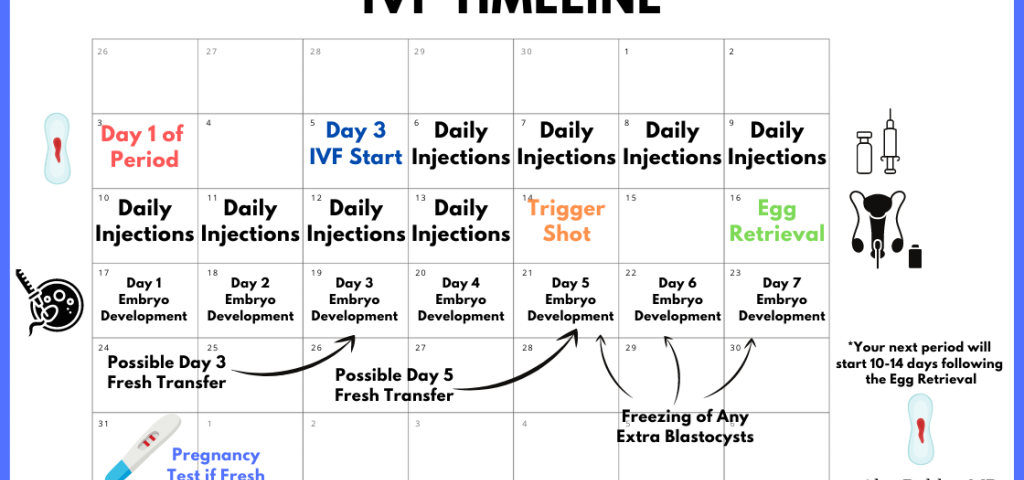
IVF: How Much Earlier Can I Start Menopur? Your Ultimate Guide to Timing and More
April 22, 2025The IVF Egg Retrieval Process and Birth Control Pills: What You Didn’t Know
If you’re diving into the world of in vitro fertilization (IVF), you’ve probably heard about egg retrieval and maybe even the surprising role birth control pills play in it. At first glance, it sounds weird—why would you take birth control when you’re trying to get pregnant? But there’s so much more to this story than meets the eye. This isn’t just about medical steps; it’s about the hidden details, the emotions, and the little-known tricks that can make this journey smoother. Whether you’re prepping for your first IVF cycle or just curious, this article is your deep dive into the egg retrieval process, the unexpected connection with birth control, and tons of insider info you won’t find everywhere else. Let’s peel back the layers and get into it!

What Is IVF Egg Retrieval, Anyway?
Egg retrieval is like the big game day in the IVF process—it’s when doctors collect eggs from your ovaries to use for fertilization. Imagine it as a treasure hunt: your ovaries are the map, and the eggs are the gold. But getting there takes some serious planning, and that’s where things like birth control pills come into play (more on that soon!).
The Basics of Egg Retrieval
So, how does it work? After weeks of prep, a doctor uses a tiny needle guided by ultrasound to pull mature eggs from your ovaries. It’s a quick procedure—usually 20-30 minutes—and you’re under light sedation, so you won’t feel a thing. The eggs then head to a lab where they meet up with sperm to (hopefully) create embryos.
But here’s what most people don’t talk about: it’s not just a physical process. It’s an emotional rollercoaster. You might feel excited, nervous, or even a little freaked out imagining a needle going in there. One woman I heard about said she binge-watched funny cat videos the night before to calm her nerves—whatever works, right?
Why Your Ovaries Need a Head Start
In a normal month, your body picks one egg to release during ovulation. With IVF, the goal is to grab as many eggs as possible—think 10-15 if you’re lucky. To do that, your ovaries need a boost from hormone shots. But before those shots, doctors often hit the “pause button” on your cycle. Guess what they use for that? Yup, birth control pills.
A Sneaky Fact About Your Ovaries
Did you know your ovaries are secretly competitive? Without some control, one follicle (the sac holding the egg) might race ahead and hog all the hormones, leaving the others behind. Birth control keeps everyone in line so more eggs can grow together. It’s like making sure all the kids in class get a turn instead of just the loudest one!

Why Birth Control Pills Before Egg Retrieval?
Okay, let’s tackle the big question: why on earth would you take birth control pills when you’re trying to have a baby? It sounds backward, but there’s a genius reason behind it—and it’s not just about timing.
Syncing Up Your Cycle
Birth control pills put your ovaries in a “chill mode.” They stop ovulation and keep your hormones steady, so doctors can decide exactly when to start the egg-growing process. This is huge because IVF clinics are busy places—they need to schedule egg retrievals so the right staff and lab space are ready.
A Real-Life Example
Picture this: Sarah, a 32-year-old teacher, started her IVF cycle last year. She was shocked when her doctor handed her a pack of birth control pills. “I thought they mixed up my chart!” she laughed. But after taking them for 21 days, her ultrasound showed a perfect lineup of follicles—all growing at the same pace. That’s the magic of syncing!
Boosting Egg Numbers
Here’s a cool twist: birth control can actually help you get more eggs. By pressing pause on your natural cycle, it gives all your follicles a fair shot at maturing when the hormone shots kick in. Studies—like one from 2020 in the Journal of Assisted Reproduction and Genetics—found that women on birth control before IVF often had more eggs retrieved than those who skipped it.
What the Experts Say
Dr. Emily Osman, a fertility specialist, once explained it like this: “Birth control is like a referee in a soccer game—it makes sure all the players start at the same line, so you get a stronger team of eggs.” Pretty neat way to think about it, huh?
Preventing Cysts (The Uninvited Guests)
Ovarian cysts can pop up during IVF prep and mess everything up. They’re not usually dangerous, but they can delay your cycle. Birth control pills lower the odds of cysts forming, keeping your ovaries clear for action.
A Little-Known Perk
Fun fact: some women say birth control makes them feel calmer before IVF because it cuts out the usual hormonal ups and downs. One Reddit user swore it was her secret weapon for surviving the stress of daily ultrasounds!

Step-by-Step: The Egg Retrieval Process with Birth Control
Let’s walk through what happens when birth control is part of your IVF plan. This isn’t just a boring checklist—it’s your roadmap with some surprises sprinkled in.
Step 1: Starting Birth Control
It all begins when you call your clinic on the first day of your period. A few days later, after a quick blood test and ultrasound, you’ll start popping those pills—usually for 10-42 days, depending on your doctor’s plan.
Pro Tip for Newbies
✔️ Set a phone alarm to take your pill at the same time every night.
❌ Don’t freak out if you spot a little blood—it’s normal and won’t ruin anything.
Step 2: Hormone Shots Begin
Once you stop the pills, it’s go-time. You’ll start daily injections (like FSH or LH) to wake up your ovaries and grow those eggs. This lasts about 8-14 days, and you’ll visit the clinic every couple of days for monitoring.
The Injection Reality
Here’s the scoop: those shots sting a bit, but they’re over fast. One trick? Ice the spot first. Oh, and some folks turn it into a ritual—think dim lights, favorite music, and a pep talk in the mirror.
Step 3: The Trigger Shot
When your eggs are ready (follicles around 18mm), you’ll get a “trigger shot” of hCG to ripen them up. Exactly 35-36 hours later, it’s retrieval day! Timing is everything here—miss it, and the eggs could slip away.
A Funny Tidbit
One woman I read about set her trigger shot alarm to “Sweet Caroline” and danced around her kitchen. Whatever gets you through, right?
Step 4: Egg Retrieval Day
You’ll head to the clinic, get comfy under sedation, and let the doctor do their thing. They’ll use a thin needle to scoop out the eggs while you snooze. Afterward, you might feel bloated or crampy, but you’re back home in a few hours.
What to Expect
✔️ Bring a cozy blanket and a friend to drive you home.
❌ Don’t plan a big night out—you’ll want Netflix and a nap instead.

The Secret Side of Birth Control in IVF
Now, let’s dig into some stuff you won’t find in every article—the juicy details that make this process feel more human and less like a science experiment.
Does Birth Control Affect Egg Quality?
This is a big worry for lots of people: will those pills mess with my eggs? Good news—research says no. A 2019 study in Fertility and Sterility showed no difference in egg quality between women who used birth control before IVF and those who didn’t. The pills just set the stage; they don’t change the players.
Busting a Myth
Some folks think birth control “uses up” your eggs. Nope! Your egg count is set at birth—about a million—and IVF just grabs what’s already there.
Who Can’t Use Birth Control?
Not everyone gets the green light for pills. If you’ve had blood clots, high blood pressure, or you’re a smoker over 35, your doctor might skip them. Instead, they’ll use other meds like estrogen patches to prep your ovaries.
A Personal Story
Lisa, a 38-year-old with a history of migraines, was bummed she couldn’t use birth control. But her doctor switched her to a patch, and she still got 12 eggs—proof there’s always a Plan B!
The Emotional Side
Taking birth control can feel like a mind game. You’re trying to get pregnant, yet here you are, popping pills meant to prevent it. It’s okay to feel confused or even laugh at the irony—tons of IVF patients do!
Coping Tip
Try journaling your thoughts. One woman wrote, “Day 5 of birth control: Am I tricking my body or is it tricking me?” It’s a great way to process the weirdness.
Tips to Rock Your Egg Retrieval (With or Without Birth Control)
Ready to make this as smooth as possible? Here are some practical, down-to-earth tips—some from pros, some from real people who’ve been there.
Before You Start
- Get Your Body Ready: Eat lots of protein (eggs, nuts, chicken) and stay hydrated. A 2021 study linked better hydration to higher egg yields.
- Ask Questions: Not sure why you’re on birth control? Bug your doctor till it makes sense.
- Stock Up: Grab comfy clothes, heating pads, and your favorite snacks for after retrieval.
During the Process
- Track Everything: Use an app to log your pills and shots. Missing one can throw off the whole plan.
- Lean on Your Crew: Tell a friend or partner what you’re feeling—they can’t fix it, but they can listen.
- Stay Chill: Stress won’t ruin your eggs, but it’ll make you miserable. Try yoga or silly podcasts.
After Retrieval
- Rest Up: Take a day off work if you can. Your ovaries just ran a marathon!
- Watch for Trouble: Mild cramps are normal, but call your doc if you’re in serious pain or super bloated—that could be a sign of something like OHSS (ovarian hyperstimulation syndrome).
- Celebrate Small Wins: Got 8 eggs? Awesome. Got 3? Still a win. Every egg’s a chance.
What the Experts Say
Dr. Leo Doherty, a fertility doc, once said, “Prep your mind as much as your body—IVF’s a team sport between you and your clinic.” Smart words!
Latest Research: What’s New in 2025?
Science doesn’t sit still, and neither should we. Here’s what’s fresh in the world of IVF egg retrieval and birth control as of March 2025.
Shorter Birth Control Windows
Some clinics are testing shorter stints on birth control—like 10 days instead of 21—to see if it still syncs follicles without over-suppressing ovaries. Early results from a 2024 trial look promising, especially for women with low egg counts.
New Pill Options
Researchers are tweaking birth control formulas to be gentler on your system. A study in Reproductive Medicine this year found a low-dose pill with less progestin led to fewer side effects (like bloating) and just as many eggs.
Personalized Plans
Tech’s getting smarter—AI tools now analyze your hormone levels and past cycles to decide if birth control’s even necessary. Dr. Jane Kim, a cutting-edge researcher, told me, “We’re moving toward IVF that’s custom-fit to every woman’s body.” Cool, right?
Your Questions, Answered
Got burning questions? Here are some fans ask all the time, with answers that cut through the noise.
Does Birth Control Make IVF Take Longer?
Nope! It might add a couple weeks upfront, but it can speed up the egg-growing phase by making it more efficient. Think of it as a slow start for a fast finish.
Can I Skip Birth Control?
Sometimes, yes—if your cycle’s already regular or you’ve got a low egg reserve, your doc might skip it. But for most, it’s worth the extra step.
What If I Hate Needles?
You’re not alone! If shots scare you, talk to your clinic—some offer numbing creams or even distraction tricks like VR headsets during injections.
Let’s Talk About You
This journey’s personal, and we want to hear from you! What’s your biggest worry about egg retrieval? Have you tried birth control for IVF—what was it like? Drop a comment below, or share your story. Let’s build a little community right here—because no one should feel alone in this.
And hey, if you found this helpful, pass it along to a friend or pin it for later. Your IVF adventure’s just getting started, and we’re rooting for you every step of the way!
